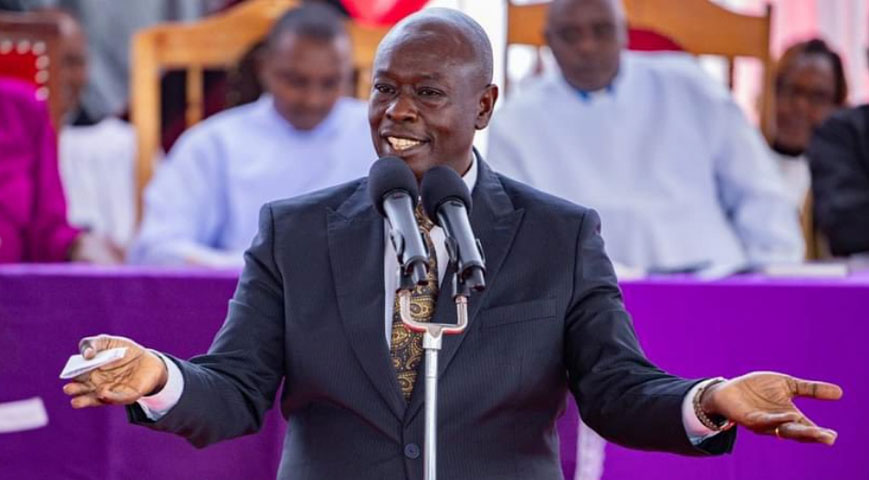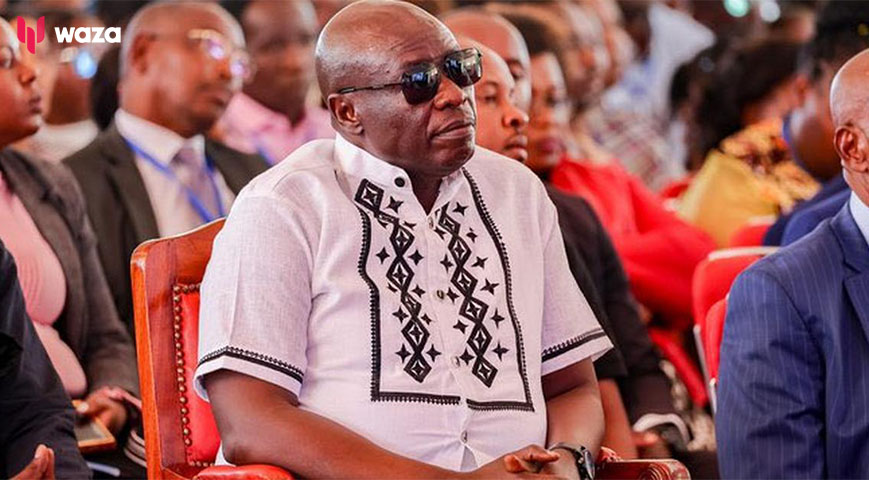Members of Parliament are facing significant criticism for their role in the impeachment process of Deputy President Rigathi Gachagua. On the second day of public participation in the motion to impeach the Deputy President, the public shifted their focus to scrutinize the actions of MPs who led the exercise at the constituency level.
In a rare display of compliance, MPs quickly mobilized to implement court orders that extended the period for public input on the impeachment process. However, the enthusiasm shown by the MPs in driving public participation has not been well-received by the public. Despite this, the legislators have defended their actions, stating that facilitating public participation is part of their responsibilities as lawmakers.

Public participation, a requirement introduced by the 2010 Constitution, has been both beneficial and challenging for the government. Several laws, across different administrations, have been invalidated due to insufficient public involvement. The Jubilee government's Building Bridges Initiative (BBI) famously failed to pass this constitutional test, and now the Kenya Kwanza government has faced similar hurdles.
Did you read this?
Key policies, such as the Housing Levy and the Finance Bill 2024, were criticized for lacking adequate public input. The recent protests against the Finance Bill highlighted the growing frustration among Kenyans, especially the youth, over the government's failure to ensure meaningful public participation.

This discontent has resurfaced during Gachagua's impeachment process, with many citizens feeling excluded from a vital part of the democratic process. Until the government establishes a more effective system for public engagement, dissatisfaction is likely to persist among the public, particularly the "common mwananchi" who feel their voices are not being adequately heard.









